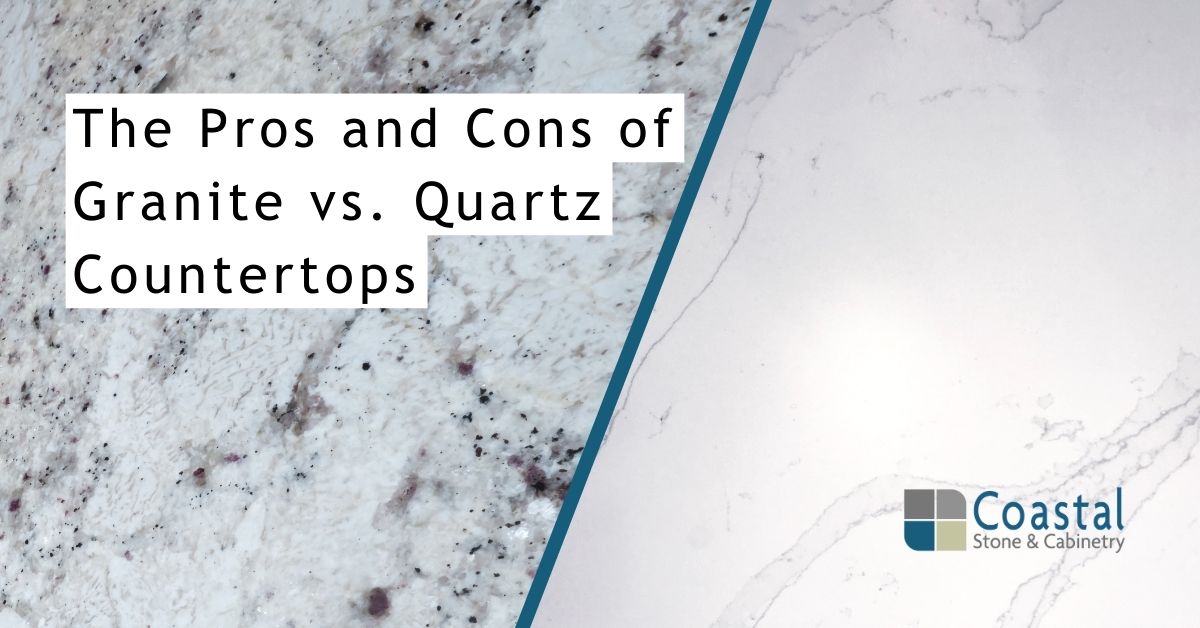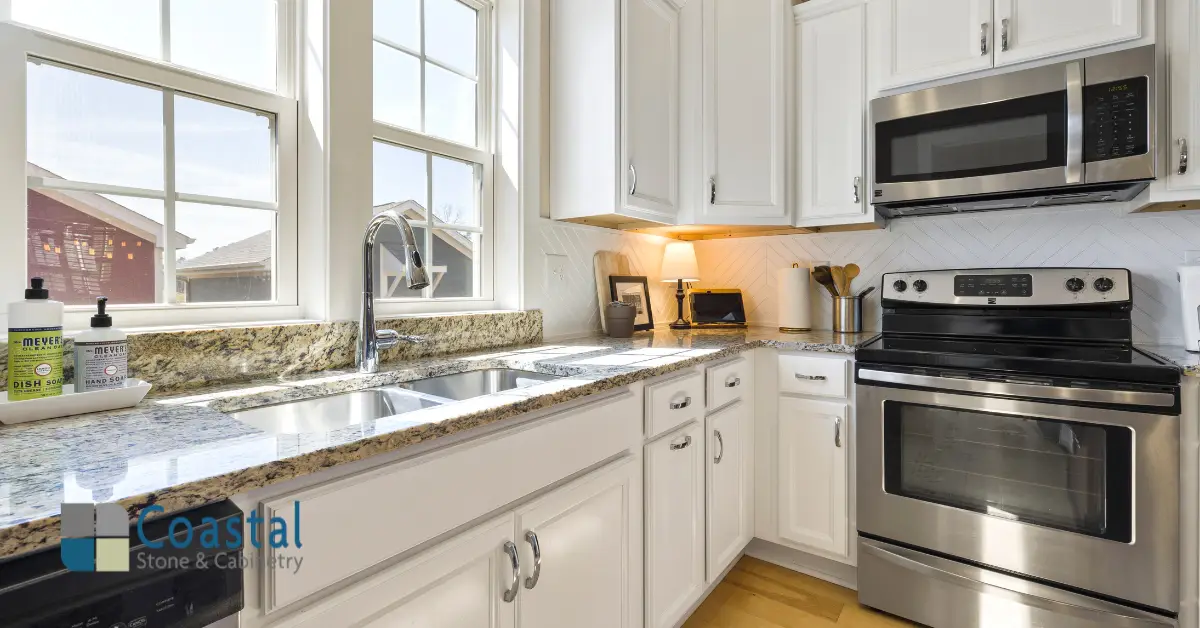In the realm of interior design, selecting the perfect countertop material is a pivotal decision that can greatly influence the overall aesthetic and functionality of a space. Among the myriad of options available, granite and quartz countertops stand out as popular choices, each with its own set of advantages and drawbacks. Delving into the intricate nuances of these materials is essential for homeowners seeking the ideal countertop solution.
Granite, renowned for its natural beauty and durability, exudes timeless elegance and sophistication. Quarried from the earth’s crust, granite countertops boast unique patterns and color variations, making each slab a one-of-a-kind masterpiece. The inherent strength of granite renders it resistant to scratches, heat, and stains, ensuring longevity and minimal maintenance requirements. Furthermore, granite countertops exhibit excellent heat resistance, making them an ideal choice for avid cooks and busy kitchens.
Granite countertops are not without their limitations. While granite is naturally resistant to heat, prolonged exposure to high temperatures can potentially cause thermal shock, leading to cracks or discoloration. Additionally, granite is a porous material, making it susceptible to staining if spills are not promptly cleaned. To mitigate this risk, regular sealing is necessary to maintain the countertop’s integrity and longevity.
On the other hand, quartz countertops offer a compelling alternative to granite, combining the natural beauty of stone with the enhanced durability of engineered materials. Composed of approximately 90% quartz crystals and 10% binding resins, quartz countertops exhibit remarkable strength and resilience against scratches, stains, and impacts. Unlike granite, quartz countertops are non-porous, rendering them highly resistant to moisture and bacterial growth. This makes quartz an ideal choice for kitchens and bathrooms where hygiene is paramount.
Moreover, quartz countertops offer unparalleled versatility in terms of design options. Manufacturers can customize quartz slabs to replicate the appearance of natural stone or achieve innovative patterns and colors that may be challenging to find in nature. Additionally, quartz countertops require minimal maintenance, as they do not require sealing like granite. This translates to long-term savings in terms of time and upkeep costs for homeowners.
While quartz countertops offer numerous advantages, they are not impervious to damage. Despite their durability, quartz countertops may be susceptible to discoloration or damage if exposed to harsh chemicals or abrasive cleaners. Additionally, excessive heat exposure can still cause damage, necessitating the use of trivets or hot pads to protect the surface.
The choice between granite and quartz countertops ultimately depends on the unique preferences and lifestyle needs of each homeowner. While granite countertops boast natural beauty and resilience, they require periodic maintenance and may be prone to staining. On the other hand, quartz countertops offer unmatched durability, hygiene and design versatility, albeit with some susceptibility to damage from harsh chemicals or excessive heat. By weighing the pros and cons of each material, homeowners can make an informed decision that aligns with their aesthetic preferences, budget considerations and functional requirements.


